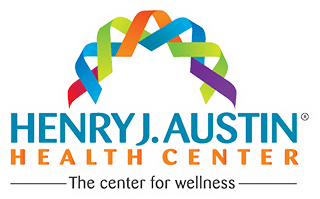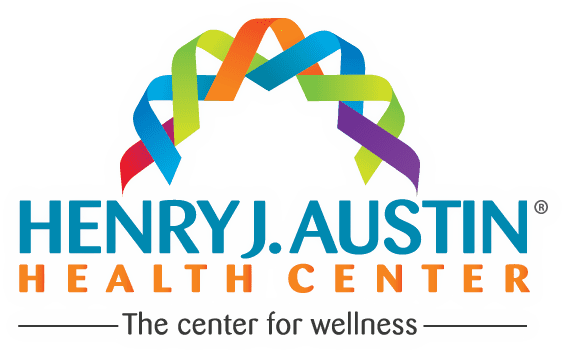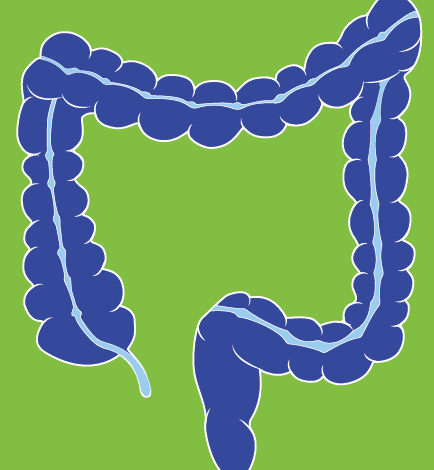Spring has arrived, bringing with it pollen from trees, grass, and weeds. Seasonal allergies, also called hay fever, are caused by an overreaction of the immune system to pollen. Beyond taking an over-the-counter antihistamine, there are many things you can do to ease the symptoms of seasonal allergies.
1. Plan around the pollen count
Websites such as www.pollen.com provide means of checking the pollen count, a pollen forecast, and a list of major allergens for any given day. Planning your time around pollen counts will limit exposure to allergens and lessen symptoms. It will also help if you avoid outside activity during peak pollen times which are mostly in the early morning and early evening.
2. Keep windows and doors closed
Keep windows and doors closed to prevent pollen from entering your home or car. This will help limit your exposure to allergens.
3. Use air conditioning
Use an air conditioner with a HEPA filter to filter out pollen and other allergens.
4. Wear a mask
Masks are not just for COVID-19. Wearing a mask will stop you from breathing in as much pollen when outside. Consider wearing a mask when doing outdoor activities, especially on windy days.
5. Take a shower
After you spend time outdoors, take a shower and change your clothes. This will help remove the pollen that may have accumulated on your skin and clothes.
6. Keep pets clean
Keep pets clean to prevent them from tracking pollen into your home. Brush them off outside before they return indoors, and wear a mask when grooming them, as allergens can cling to their fur.
7. Consume local raw honey
Consuming local raw honey may help to reduce allergy symptoms depending on the allergen. It contains small amounts of pollen, which may help your body build up a tolerance to allergens over time. It is important to note that this method requires time and patience, as well as a knowledge of your allergen.
8. Take nettle leaf
Nettle leaf is a natural antihistamine that can help to reduce allergy symptoms. Drinking nettle leaf tea or taking a nettle leaf supplement may help to relieve nasal congestion, sneezing, and itching.
It’s important to talk to your doctor or allergist before starting any new supplements or natural remedies, especially if you’re taking any medications or have any underlying health conditions. Your provider will help to determine the best course of action for managing your seasonal allergies. These tips will help limit exposure to pollen which will aid in relieving symptoms, but your provider can give more personalized information depending on your allergies. They can also better recommend which over-the-counter allergy medication is best for your needs.
To speak with a provider, you can make an appointment by visiting www.henryjaustin.org/services or calling 609-278-5900.






Tamara Jakub
I always get a lot of valuable information from your newsletter.
I especially enjoyed the article about seasonal allergy symptoms
since I suffer from allergies and they seem to have gotten worse
as I’ve gotten older (or is there just more pollen in the air?).
I’m going to check out trying local raw honey and nettle leaf.
The Henry J. Austin Health Center does so much good for our community.
Everyone I’ve met there has been friendly and genuinely caring.
Thank you.